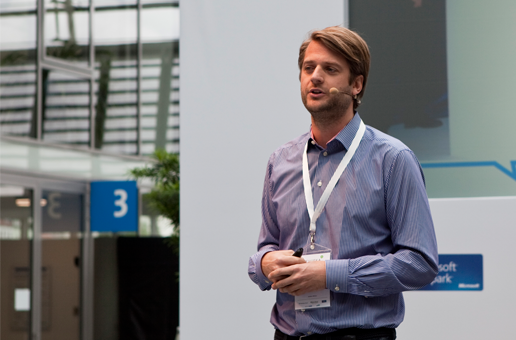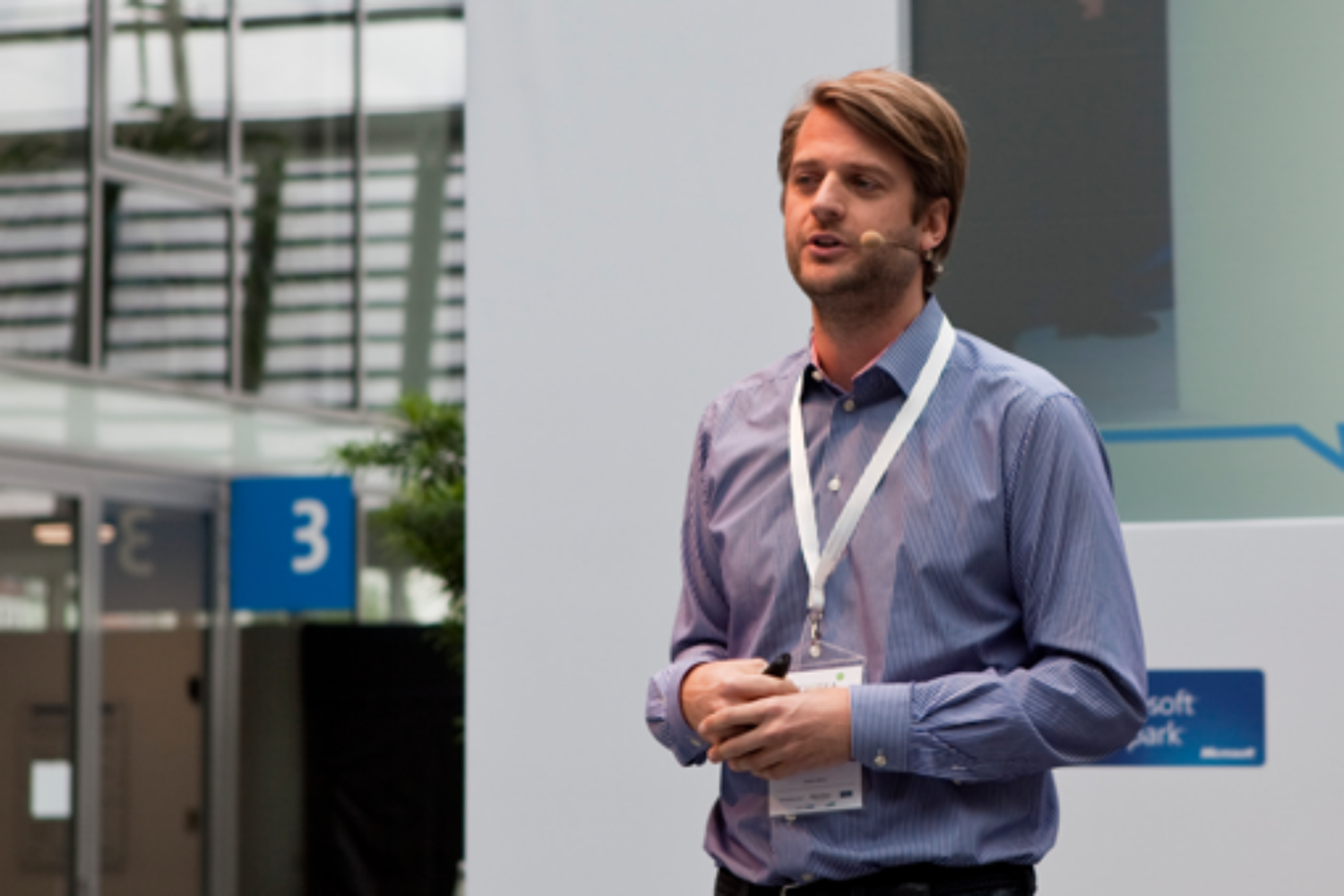
May, 2012. It’s the first edition of Heureka, a Berlin-based online conference. After lunch I’m supposed to give an inspiring talk to wake up those 550 young and passionate Internet movers.
I arrive early in the morning, do my usual chit-chat with the technical staff (always the speaker’s best friends!). Then, I sit down, lay back and wait for the speakers to come.
10 am. The keynote speech. Sebastian Siemiatkowski, CEO at Klarna. Klarna is a Swedish payment service provider. Back in 2012 they already turn over more than 100 M € and provide work to more than 600 people.
In his late twenties, Sebastian Siemiatkowski looks like a young version of George Clooney in handsome. He’s charismatic, eloquent and successful.
I look around. The rows behind and in front of me have come to a verdict. This guy must be an a******! At least, that’s what their non-verbal communication tells me.
Sebastian starts to speak. Short intro, then he gets to the point.
Today, I could talk about everything we did well at Klarna to become a successful international e-commerce business. But I will not. Today, I want to share with you the five biggest mistakes we’ve made at Klarna and what we learned from them.
Silence. Again, I look around. In the glimpse of an instant, the mood has changed. Suddenly, I see curiosity in their faces. I see anticipation. I see acknowledgment.
What was different?
Managers manage processes. Leaders lead people. As a corporate trainer I learned that vulnerability, the capacity to share your most inner self with others, is a key differentiator between a manager and a leader. Because it’s that vulnerability that makes you be perceived a trusted and authentic leader of people.
Talking about your mistakes? Vulnerability.
Sharing your weaknesses? Vulnerability.
Speaking about your failures? Vulnerability.
And guess what. Every time someone in my trainings showed vulnerability in the 3,904 speeches (Jul 2009-Feb 2015) we evaluated together as a seminar team, every time, not one exception, the group said it was super positive.
When that CEO started to share stories about his mistakes, the audience loved it. His kudos as a leader received a super boost.
More vulnerable, more leader
Are you a leader? Do you want to become a leader? Do you want to lead others?
Then, download this sheet, fill it out and start to use those elements of vulnerability in your daily communication. The more vulnerability you will show, the more they’ll respect you as a leader.
Like they respected that young CEO at that Heureka conference in Berlin in May 2012.

